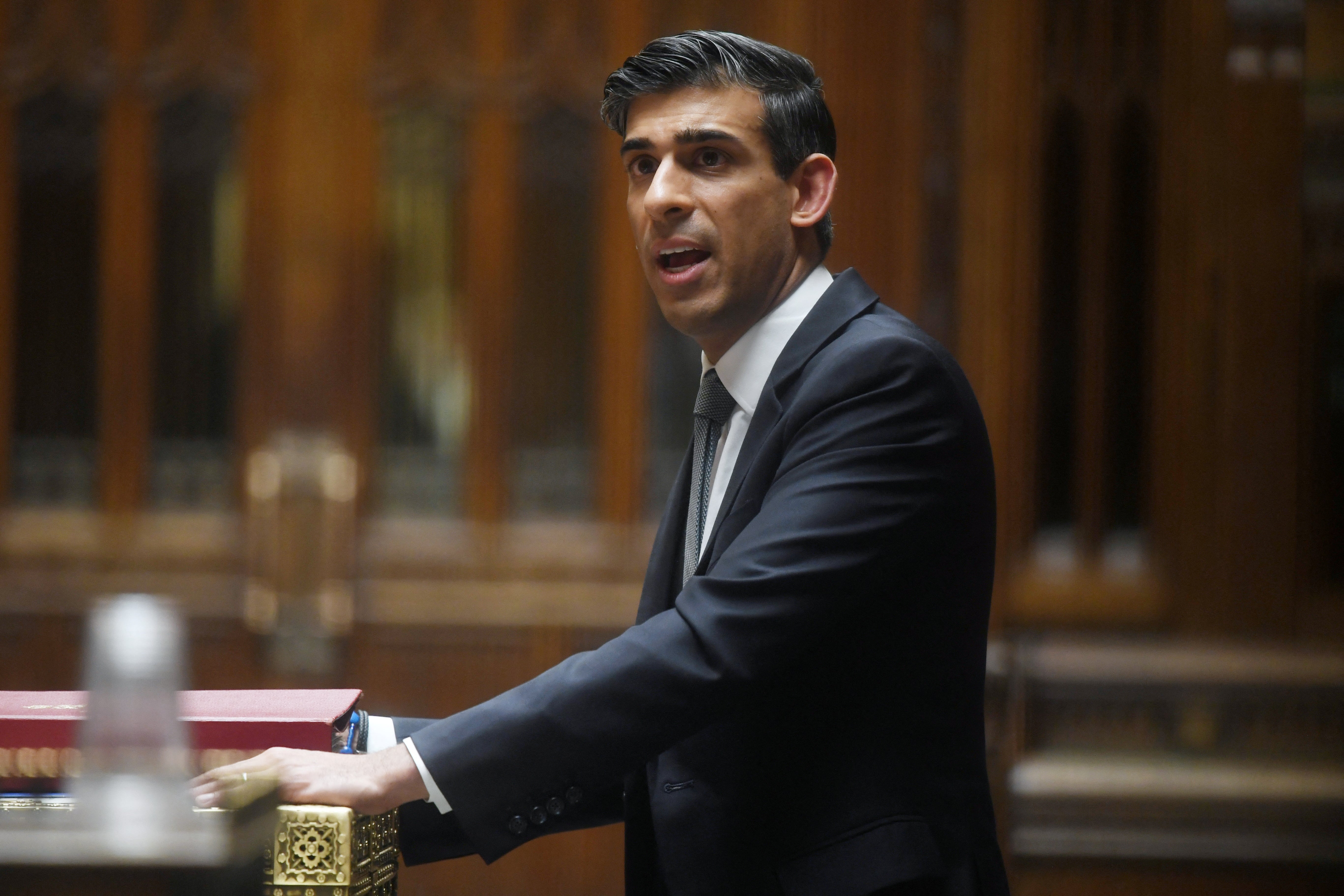UK faces ‘exodus’ of essential workers joining private sector as cost of living soars, union warns
The NHS, schools and the civil service are amongst industries facing losses of staff due to low wages, union bosses warn

Your support helps us to tell the story
From reproductive rights to climate change to Big Tech, The Independent is on the ground when the story is developing. Whether it's investigating the financials of Elon Musk's pro-Trump PAC or producing our latest documentary, 'The A Word', which shines a light on the American women fighting for reproductive rights, we know how important it is to parse out the facts from the messaging.
At such a critical moment in US history, we need reporters on the ground. Your donation allows us to keep sending journalists to speak to both sides of the story.
The Independent is trusted by Americans across the entire political spectrum. And unlike many other quality news outlets, we choose not to lock Americans out of our reporting and analysis with paywalls. We believe quality journalism should be available to everyone, paid for by those who can afford it.
Your support makes all the difference.The UK could face a ‘mass exodus’ of essential workers as low wages cause many to join the private sector.
Schools, the civil service and the NHS are amongst those in danger of losing key staff due to competition from high-street firms, union bosses warned on Sunday.
"Workers will then have no choice but to go after better rates on the high street as the cost-of-living crisis continues to bite,” said Sara Gorton, head of health at the UK’s largest workers union, Unison.
The NHS, in particular, could lose thousands of vital staff members such as 999 call handlers, healthcare assistants, medical secretaries and cleaners if wages didn’t increase and workers leave for the higher-paid private sector, warned Unison.
A report for Unison by Incomes Data Research said: "In the public sector, rising inflation means that the gap between pay rises there and those in the private sector is likely to widen again.
"If the Government does not act to narrow this gap, then the NHS is likely to face many of the problems around staff recruitment, retention and morale that arose in the past."

Unison will submit evidence to the NHS’ pay review body on Tuesday, and will highlight how employers such as supermarkets, coffee shops and logistics firms, are offering higher wages than the lowest hourly pay in the health service.
Head of health, Ms Gorton, said: "It’s clear big-name employers who compete with the NHS for staff are acting fast.
"The health service can’t function without cleaners, porters, healthcare assistants and other low-paid workers, but no-one would blame them for taking jobs with employers willing to pay better rates.
"The Chancellor’s spring statement was silent on public sector pay, but the staffing crisis will deepen unless the Government acts swiftly with a real pay rise that leaves inflation in the shade.”
Rishi Sunak’s spring statement was heavily criticised for failing to offer more help for poorer Brits facing a sharp fall in living standards and for its lack of consideration for raising wages.
"Workers will then have no choice but to go after better rates on the high street as the cost-of-living crisis continues to bite. That doesn’t bode well for patient care.” Ms Gordon added.
Union TUC’s general secretary, Frances O’Grady, told the Observer that they had been in touch with public sector employees at the brink due to financial issues and the stresses of working throughout the coronavirus pandemic.
She said: “We have been holding meetings of public sector workers with their MPs. Many of them were not able to hold the tears back as they spoke up about how hard it has been at work, and how hard it is at home trying to make ends meet.
“The danger now for the whole nation is that we are at a tipping point. Many public sector workers across services like health, education and social care say they don’t know if they can take it any more. If they don’t at least get a proper pay rise and help to reduce workloads, it will be the final straw.
“A mass exodus would send shockwaves through every community, and it would damage our economy too. Ministers must be much more alive to this danger. They cannot let it happen.”
While NHS staff are expected to receive their 2022 pay rise by the end of the week, Unison say delays had led to a "frustrating wait" until the summer.
Unison is calling for an above-inflation pay rise of between £9.90 and £11.05 an hour as the minimum rate across the NHS, and other urgent measures to retain staff.



Join our commenting forum
Join thought-provoking conversations, follow other Independent readers and see their replies
Comments